This is a D’var Torah I presented at Woodlands on Friday, March 7, 2014, parashat Vayikra, Jonah’s 5th yahrzeit. Somehow I neglected to post it in any timely manner. But I found the parallel to ancient Israel’s sacrificial cult a compelling one. Sometimes we’re simply helpless as events whirl around us. And yet, amidst fear, grief and despair, greatness is manifest in our uncanny ability to survive and to carry on. In the second half of this essay, I write about Israel. It’s timely that I am sharing this now. If ever we needed more bridges to friendship between Israelis and Palestinians, it’s now. Billy
In ancient Israel, our ancestors used to make offerings to God depending on what was going on in their lives. If they accidentally made a mistake and did something God wouldn’t like, they would offer a khatat, a sin offering. If they did something wrong on purpose, but they were truly sorry for it, they would offer an asham, a guilt offering. And if things were going well in their lives, and they just wanted to acknowledge how fortunate they felt, our ancestors would offer a zevakh sh’lamim, an offering of wholeness.
But what about when things aren’t going well? What if you haven’t done anything wrong, but you’re also not feeling very good about what’s going on in your life? What do you do then? Nothing? Just sit around being miserable?
Our ancestors had one more offering that may fit the bill here. It was called an olah, a burnt offering. They made this offering just to tell God, “We’re human and You’re God.” It was a way, I think, to acknowledge that we’re not always in control of how we’d like our lives to go. Sometimes things happen that we have nothing to do with, except that they affect us deeply. We feel very emotional about them, but may not know how to deal with them.
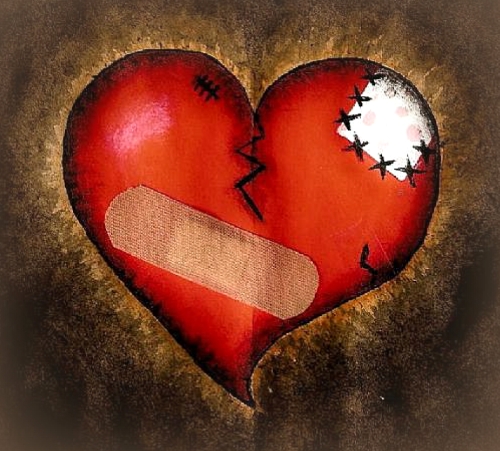 Five years ago, my 19-year-old son Jonah died. As you can very well imagine, it was the saddest day of my life. Jonah was a bright, happy, funny, and very kind human being. He was well-loved and everybody liked having him around. When he died, I was inconsolable; all I could do was cry.
Five years ago, my 19-year-old son Jonah died. As you can very well imagine, it was the saddest day of my life. Jonah was a bright, happy, funny, and very kind human being. He was well-loved and everybody liked having him around. When he died, I was inconsolable; all I could do was cry.
But after a few weeks had gone by, I began to wear my smile again. I came back to temple, began telling stories, played the guitar, gave blessings to babies, and resumed teaching. My heart was still broken but, somehow, I learned to be happy again.
It was as if I’d offered an olah, a burnt offering which said to God, “I’m human and You’re God, God.” After all, I couldn’t stop Jonah from dying. He was at college up in Buffalo and I was here at home. All I could do was accept that there was nothing I could do.
Oh, and one more thing. I was able to take my sadness and try to do something good with it. To honor Jonah’s memory and to make sure that my spirit didn’t die along with his body. It was as if I had offered a zevakh sh’lamim; even though my heart was broken, and it still is, I made an offering of wholeness. I thanked God for the blessings that I still have, even if I lost one big one.
Life sometimes hurts us badly. But we usually have a choice whether we’ll stay miserable or we’ll come back and enjoy life again. Tomorrow night is the 5th Annual Jonah Maccabee Concert. We’ll hear some great new Jewish music from Julie Silver and Ken Chasen, and we’ll raise a lot of money to help kids get to URJ summer camps whose families couldn’t otherwise afford to send them. We’ll do all of that in celebration of Jonah’s life.
My heart will always be broken because Jonah is gone. But it has little band-aids all over it from the wonderful memories I have of Jonah – my pictures, my videos, the stories about him that I write down – and how kind people have been throughout. These help my broken heart to keep beating, to keep loving, and to keep having fun.
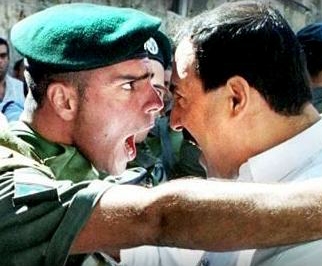 I want to mention another hurt that has gone on for a very long time and how some people are managing to still find wholeness, to offer a zevakh sh’lamim, even while the hurt continues. On the other side of the world, Israelis and Palestinians have been each other’s enemies for more than sixty years. They live right down the street from each other, and have built a giant concrete wall to keep them apart. Many Israelis and Palestinians now hate each other. But there’s a group of people who don’t want to hate. Even though there are still big problems that have to be figured out, these people are tired of hating. They’ve decided to try friendship instead.
I want to mention another hurt that has gone on for a very long time and how some people are managing to still find wholeness, to offer a zevakh sh’lamim, even while the hurt continues. On the other side of the world, Israelis and Palestinians have been each other’s enemies for more than sixty years. They live right down the street from each other, and have built a giant concrete wall to keep them apart. Many Israelis and Palestinians now hate each other. But there’s a group of people who don’t want to hate. Even though there are still big problems that have to be figured out, these people are tired of hating. They’ve decided to try friendship instead.
Recently, a beautiful man, a Palestinian Muslim named Alaa Ali, celebrated Shabbat with us here at Woodlands. He and his friend, a Jewish musician named Michael Ochs, sang to us about being tired of the hurt making them hate. They started a musical collective they call My Favorite Enemy. Together, they write and perform songs that acknowledge the hurt hasn’t gone away but their desire to hate has. As friends, they sing about the same problems that have existed for such a long time. But now, they look for answers together, with mutual respect and love guiding the way.
My Favorite Enemy has written a song (“Stones”) that expresses how tired they are of hating each other. In their song, they use the image of a stone, which has been the weapon-of-choice for young Palestinians who are angry at Israel and who throw stones at Israeli soldiers. They can’t do a lot of damage with the stones, but they stay angry. The Israelis have guns and other weapons which they use pretty much like stones too. Instead of building something good, the Israelis and the Palestinians just try to knock things down.
Stones
I used to be stardust
Before time began
And I turned to bedrock the mountains the sand
Chiseled and broken
Shaped by a man
Turned into weapons in his handToo many stones, too many stones
Too many stones have been thrownA piece of a bridge
A brick in the wall
I can be anything at all
The tip of an arrow
The very first wheel
I held the commandments and always willToo many stones, too many stones
Too many stones have been thrownLay me down build a path
Walk on me together
Let me be your common ground
Hold on to each other
Lay me downToo many stones, too many stones
Too many stones have been thrown
The Palestinians and the Israelis have lived with their hurt for a very long time. Some of them are finally offering a zevakh sh’lamim. The members of My Favorite Enemy are using music to make their offering of wholeness.
Sometimes our pain doesn’t go away. But we almost always have a choice: to let the pain overtake us, make us inconsolably sad or uncontrollably angry, or try and bring some beauty back into the world.
The world is filled with stones. We can pick them up and throw them at each other, or we can build something worthwhile. If we choose, we can offer a zevakh sh’lamim, an offering of wholeness even when it’s clear that things aren’t very whole at all.
Billy

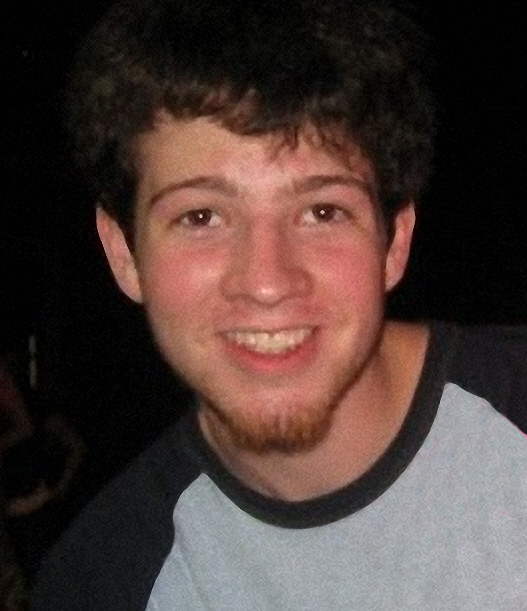
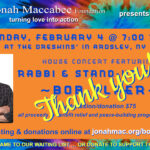
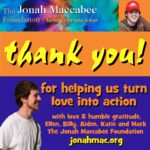
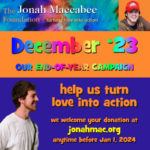
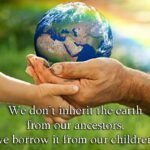

Leave a Reply